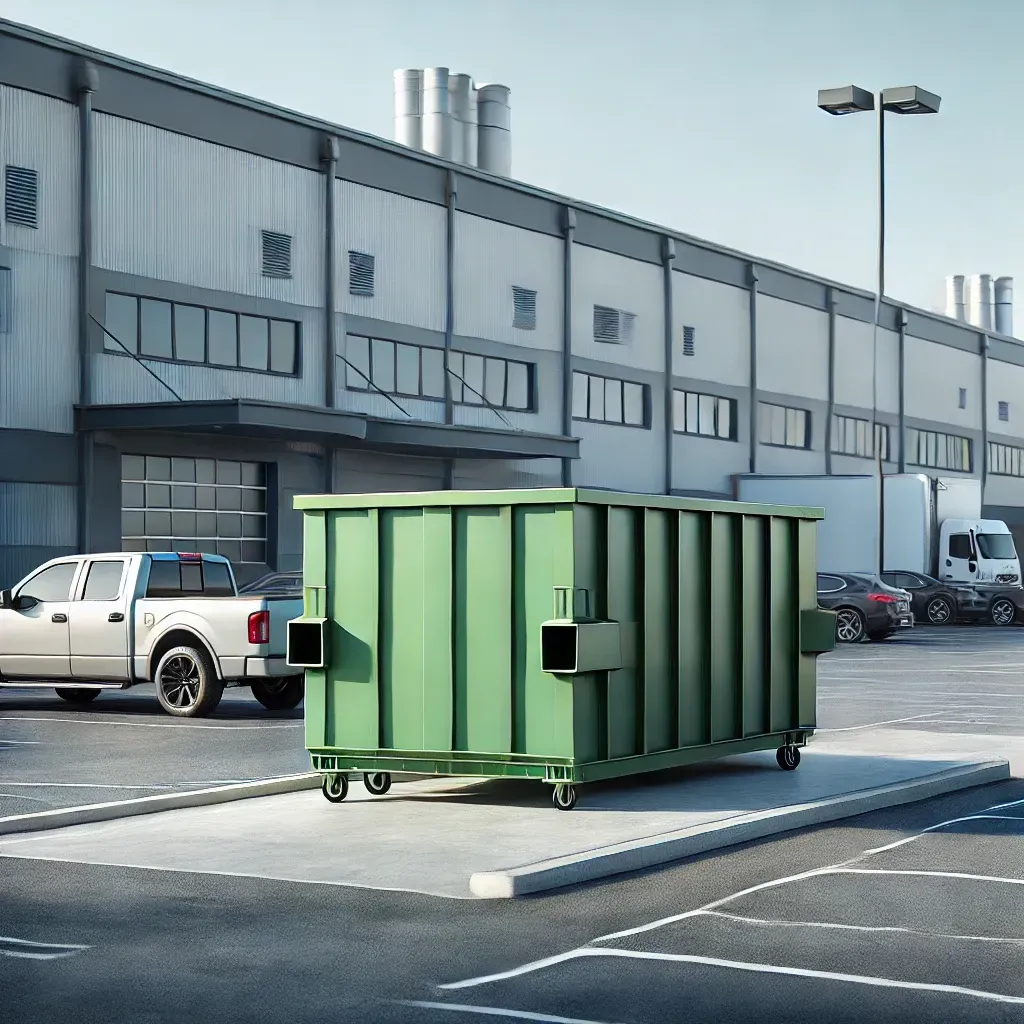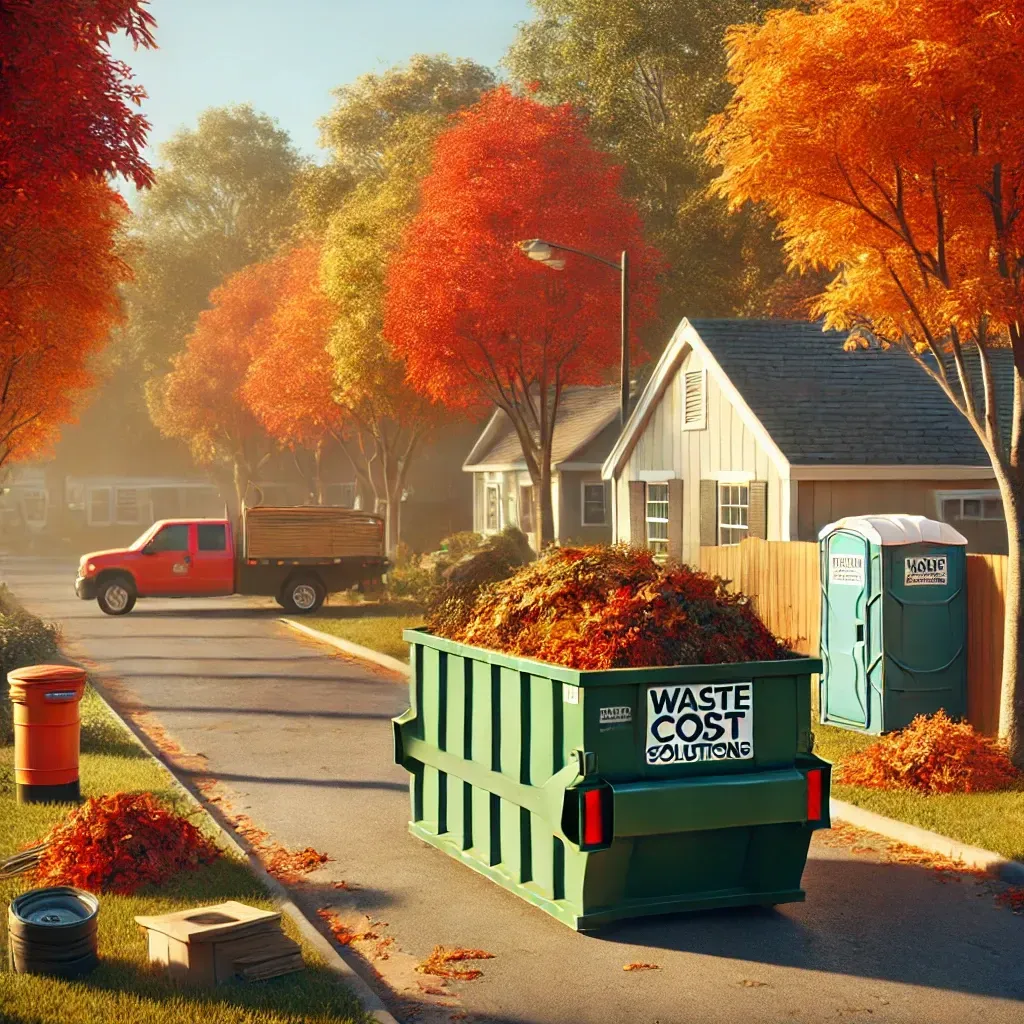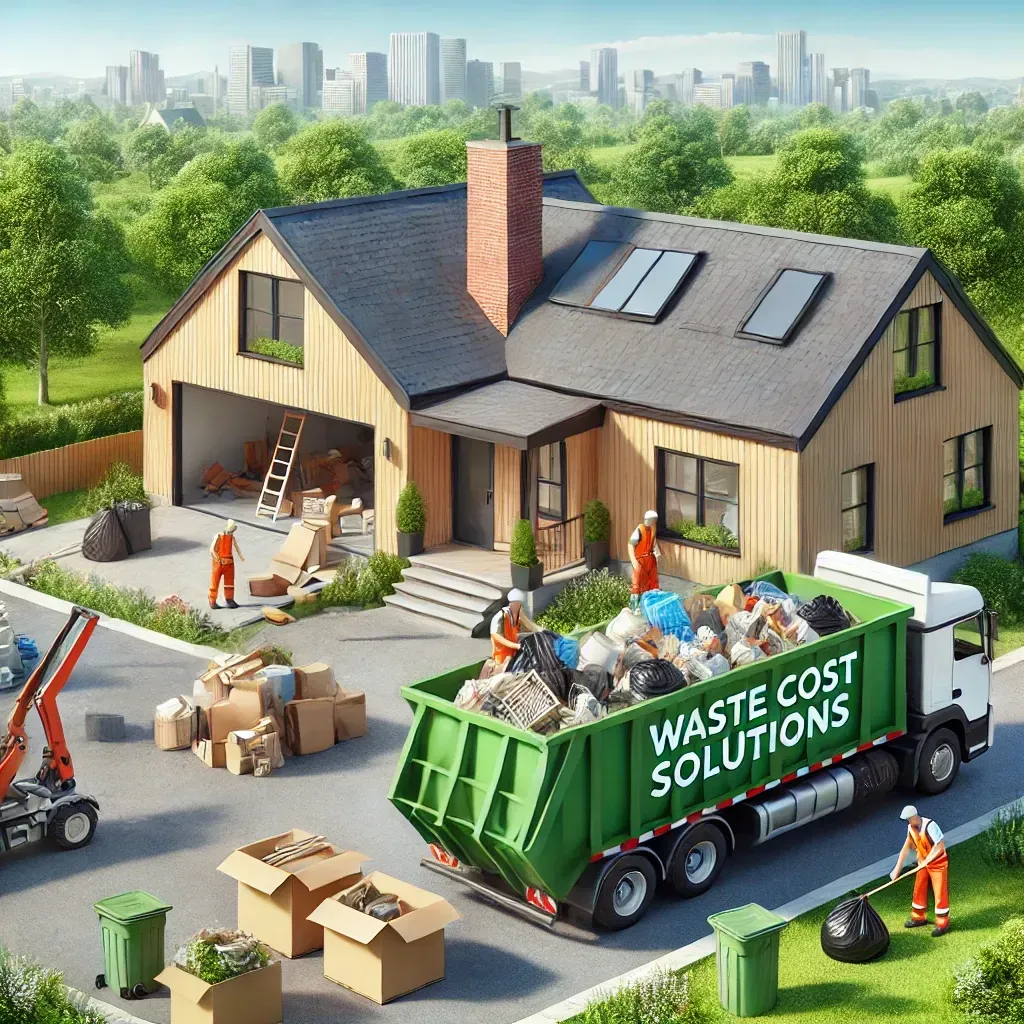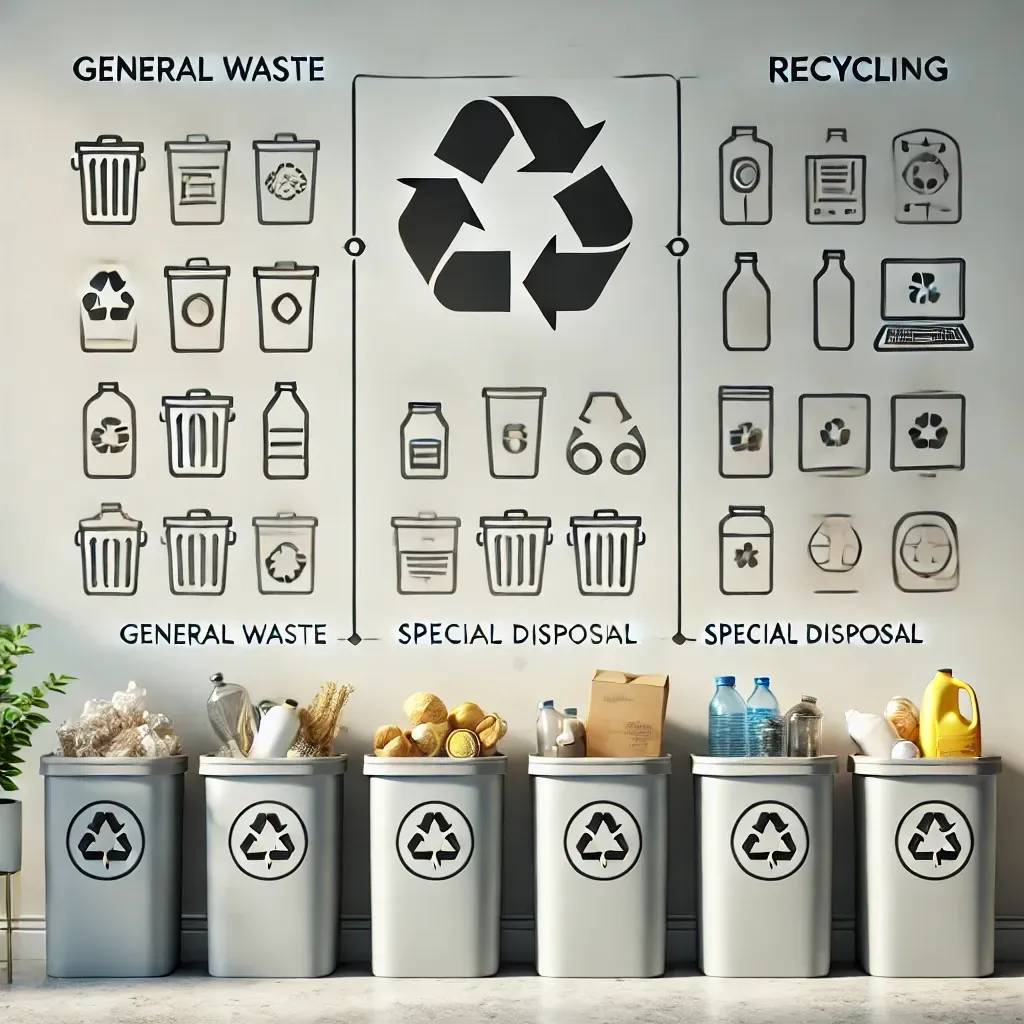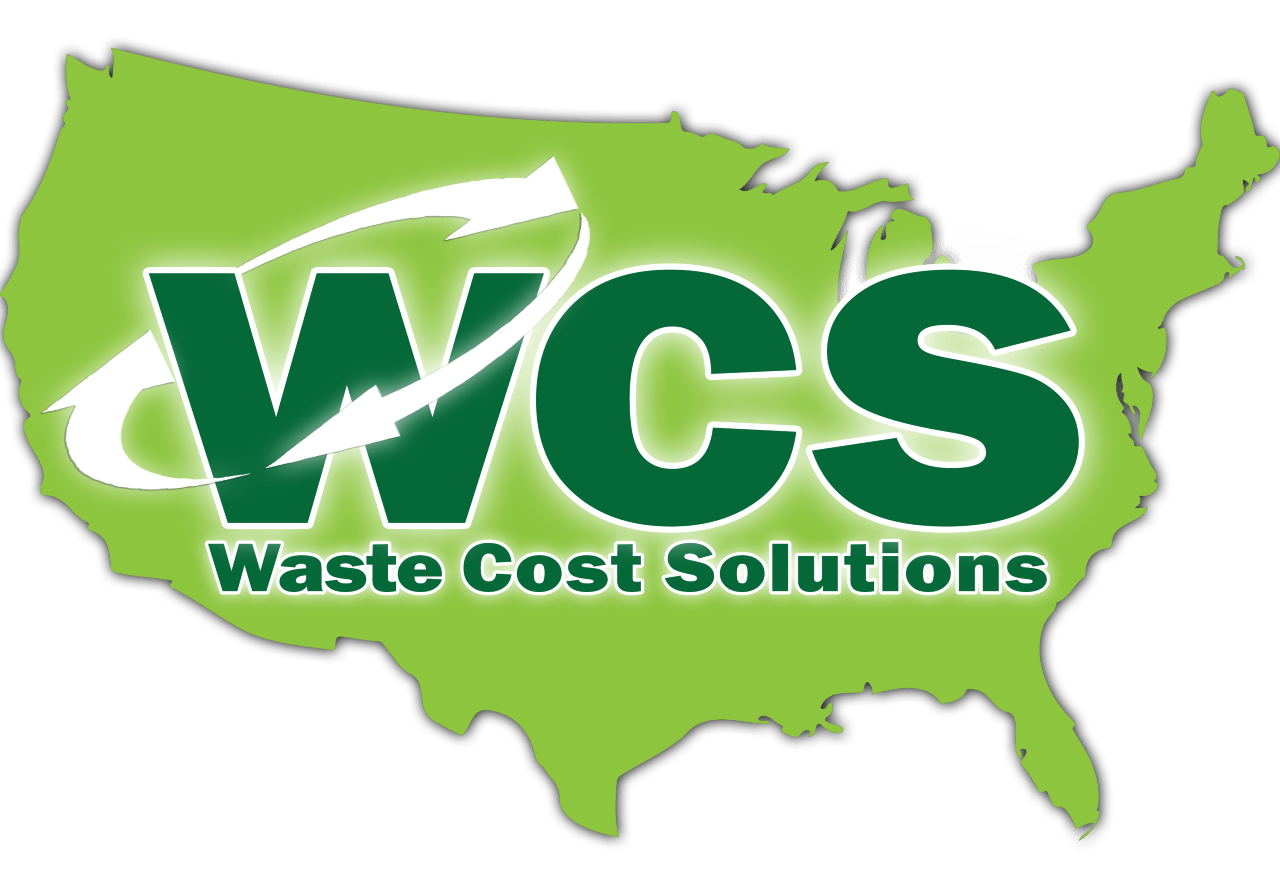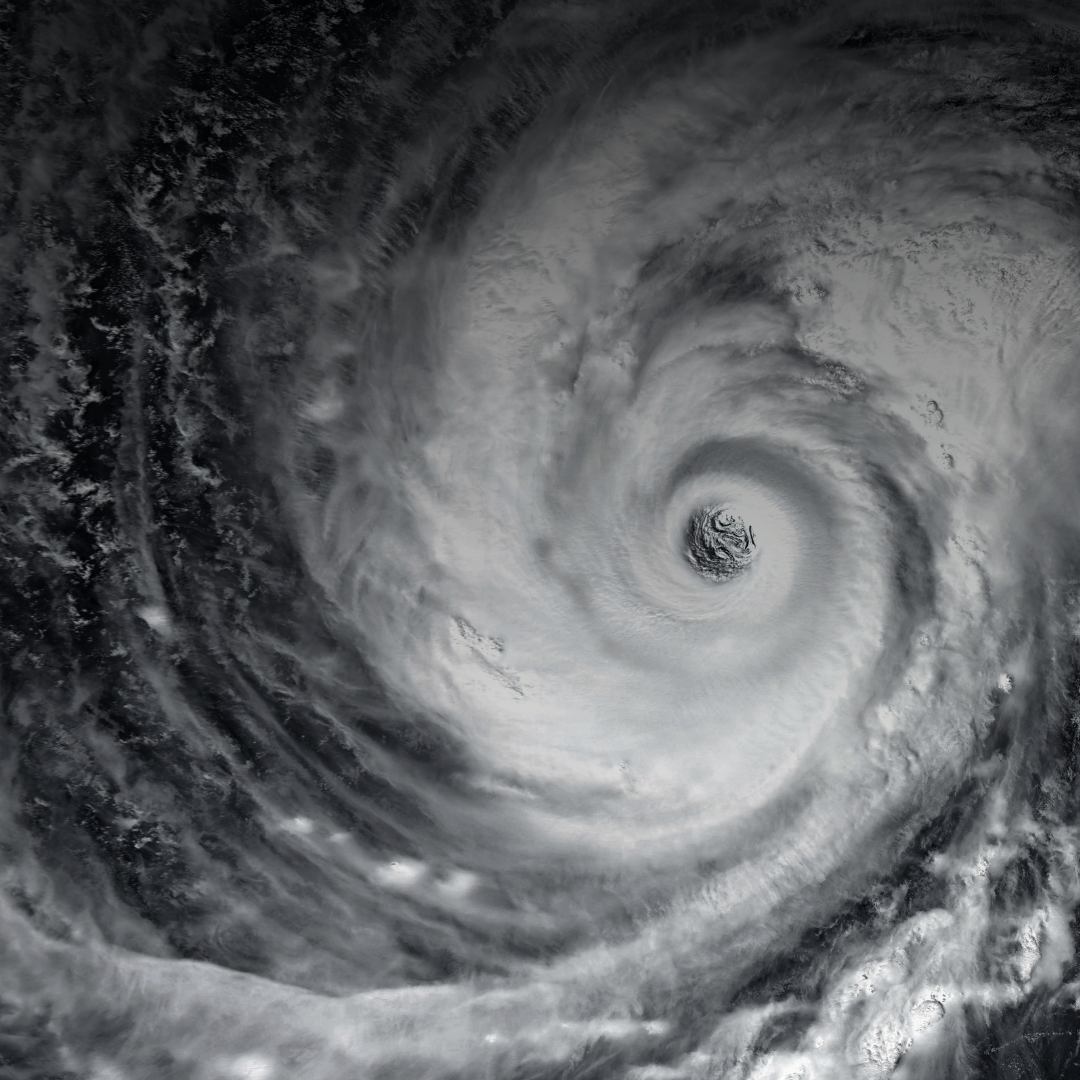Emergency Medical Waste Disposal: What to Do in a Crisis
In the healthcare sector, emergencies often demand swift and precise action, especially regarding hospital waste management. The volume and types of medical waste generated can increase significantly during a crisis, such as an infectious disease outbreak or a natural disaster. This surge places additional strain on healthcare facilities and heightens the risk of contamination and disease transmission if not appropriately managed.
Medical waste in emergencies can include everything from used personal protective equipment (PPE) and contaminated sharps to pathological waste and pharmaceutical residues. Proper disposal is paramount to prevent environmental contamination, protect public health, and avoid legal repercussions. Delays or improper disposal can spread infectious diseases, putting healthcare workers and the community in jeopardy.
Steps to Take When Faced with an Emergency Medical Waste Situation
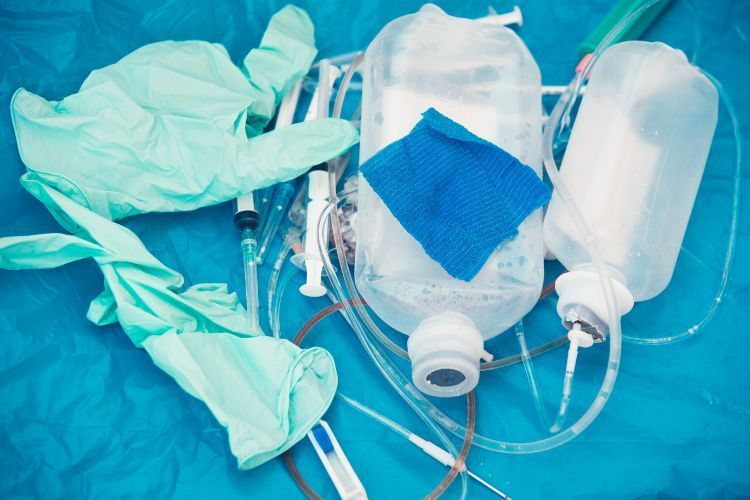
When a healthcare facility is confronted with an emergency, it is crucial to act swiftly and efficiently to manage the medical waste produced. The first step is to assess the situation and identify the types of waste that need immediate attention. This assessment should be done quickly but thoroughly, ensuring no hazardous materials are overlooked.
Once the waste types are identified, the next critical step is coordinating with a reliable waste management service. Communication with waste disposal partners should be established as early as possible during a crisis.
This allows for the prompt collection and safe disposal of hazardous materials, reducing the risk of contamination within the facility and the surrounding community.
In some cases, logistical challenges make immediate waste disposal difficult. Therefore, implementing temporary storage solutions becomes necessary. These solutions should adhere to strict safety protocols, ensuring that hazardous waste is securely contained and does not pose a risk to staff or patients. Proper labeling and segregation of waste are also essential during this period to facilitate quick and safe disposal once regular services resume.
Ensuring Safety During Emergency Medical Waste Disposal
Safety is the cornerstone of any medical waste disposal process, especially during an emergency. The primary concern is to protect healthcare workers, patients, and the general public from exposure to hazardous materials. This requires strict adherence to safety protocols, including using personal protective equipment (PPE) by all staff involved in waste handling.
Proper handling and transport procedures are crucial when dealing with emergency medical waste. Sharps, for example, should be placed in puncture-resistant containers, while infectious waste must be securely bagged and labeled. Transportation of this waste, even within the facility, should be done using dedicated routes and vehicles to minimize the risk of spreading contaminants.
PPE plays a vital role in protecting workers from exposure. Gloves, gowns, masks, and eye protection should always be worn when handling medical waste. Regular training and drills on properly using PPE and waste handling procedures can enhance safety during an emergency.
Legal and Regulatory Compliance in Crisis Situations
Navigating the complex web of regulations governing medical waste disposal can be challenging amid emergencies. However, compliance with these regulations is non-negotiable, even during a crisis. Healthcare facilities must ensure that their waste disposal practices align with federal, state, and local laws to avoid legal consequences and protect public health.
Understanding your legal responsibilities in a crisis involves staying informed about any temporary regulatory changes or waivers that may apply.

For instance, specific regulations might be relaxed during a public health emergency to expedite waste disposal processes. However, staying within the bounds of these adjustments is essential to maintain compliance.
Failure to adhere to regulatory requirements can result in severe penalties, fines, and legal action. Moreover, non-compliance can damage a healthcare facility's reputation, losing patient and public trust. Therefore, maintaining strict compliance, even under pressure, is crucial for legal and ethical reasons.
Building a Robust Emergency Response Plan
While handling a crisis is challenging, preparing for one can mitigate many risks associated with emergency medical waste disposal. A well-crafted emergency response plan is essential for any healthcare facility. This plan should outline specific procedures for waste management during various types of emergencies, ensuring that staff are prepared to act quickly and effectively.
Creating an effective
medical waste contingency plan involves identifying potential risks and developing strategies to address them. This might include establishing relationships with multiple waste disposal vendors to ensure continuity of service, even if one provider is unavailable during a crisis. Additionally, the plan should detail protocols for temporary waste storage, PPE usage, and staff safety.
Training staff is another critical component of long-term preparedness. Regular drills and education sessions can ensure that all employees are familiar with the emergency response plan and know how to implement it when necessary. By building a culture of preparedness, healthcare facilities can significantly reduce the risks associated with emergency medical waste disposal.
Collaborating with specialized waste management partners is also vital. These partners can provide expertise and resources that are crucial during an emergency, helping to ensure that waste is disposed of safely and in compliance with regulations. Building these relationships before a crisis can make all the difference when time is of the essence.
The Imperative of Preparedness and Swift Action
In conclusion, swiftly and safely managing medical waste during a crisis is essential for protecting public health and ensuring compliance with regulations. Healthcare facilities must be proactive, developing comprehensive emergency response plans and training staff to act quickly and effectively.
The benefits of a proactive approach are clear: reduced risk of contamination, protection of healthcare workers and the public, and avoidance of legal consequences. Healthcare facilities can confidently and competently navigate even the most challenging emergencies by prioritizing preparedness and swift action.
